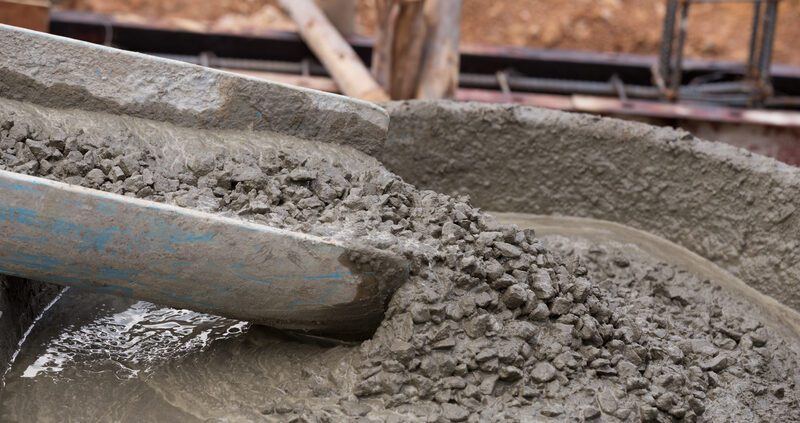Why You Should Use Concrete to Build Your Home
Choosing the right materials for home construction is a critical decision that impacts the longevity, safety, and overall satisfaction with one’s home. In areas like Florida, where environmental conditions and weather patterns present unique challenges, this decision becomes even more crucial. Here are some advantages to using concrete for building homes, addressing the specific concerns and preferences of homeowners in Florida and similar regions.
It’s Durable
Durability is a key consideration when building a home, and concrete excels in this regard. Its strength and longevity are unmatched, making it an ideal choice for the structural framework of a house. Concrete is resistant to many common issues that can affect other building materials, such as rot, decay, and pest infestation. In Florida’s humid climate, concrete’s resistance to moisture is a significant advantage, preventing the growth of mold and mildew which can be harmful to both the structure of the home and the health of its inhabitants. Additionally, concrete’s robustness makes it less susceptible to wear and tear, ensuring that the home remains sturdy and secure for decades.
Prevent Fires
The use of concrete in home construction significantly enhances fire safety. Concrete is naturally fire-resistant, offering a critical barrier against the spread of flames. In the unfortunate event of a fire, concrete structures are more likely to contain the fire to a specific area, minimizing property damage and potentially saving lives. Fire can be deeply traumatic and emotional experiences for homeowners. The fire-resistant nature of concrete provides peace of mind, knowing that the home is built with a material that can help mitigate the devastation of such events. This feature is particularly beneficial in areas prone to wildfires or in urban settings where houses are closely spaced.
Environmental Benefits
Concrete also offers several environmental benefits. It is energy efficient, helping to keep homes cooler in the summer and warmer in the winter, thereby reducing the energy needed for heating and cooling. This thermal mass effect can lead to significant savings on energy bills and a more comfortable living environment. Moreover, concrete is often made from locally sourced materials, reducing the environmental impact associated with transportation. The longevity of concrete means less frequent replacements and renovations, which translates to less waste over the home’s lifetime. Additionally, innovations in concrete production, such as the use of recycled materials, further enhance its environmental credentials.
Concrete emerges as a superior building material for residential construction, especially in challenging climates like that of Florida. Its durability, fire resistance, and environmental benefits make it an ideal choice for homeowners who value safety, sustainability, and cost-effectiveness. As the awareness of concrete’s advantages in home construction grows, it stands to redefine the standards of residential building, offering a resilient and eco-friendly solution for modern homeowners.
Did you enjoy reading this article? Here’s more to read: The Most Useful Garage Features Every Homeowner Should Add




